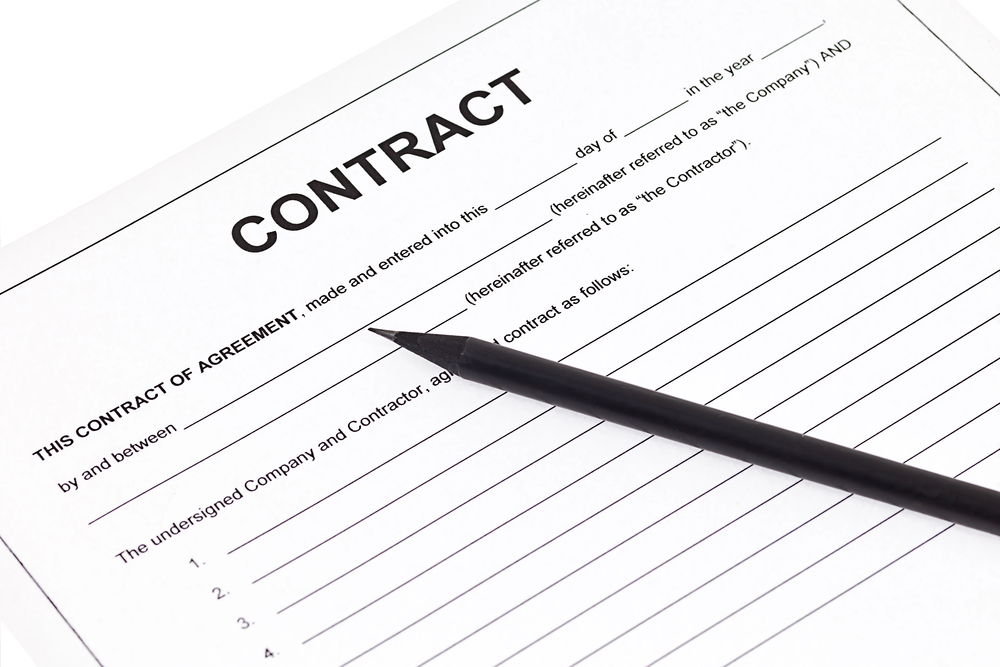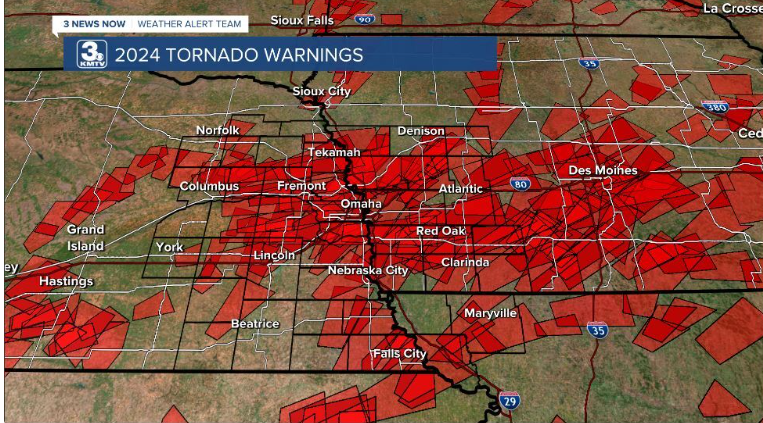
The Evolution of NBA Endorsement Agreements: Understanding Their Significance and Acquisition Strategies.
In 1984, the signing of a $500,000 annual contract between Michael Jordan and Nike left many in disbelief. Today, endorsement deals have become a fundamental aspect of the NBA, often reaching into the millions. These agreements are mutually beneficial; marketers gain exceptional advertising exposure, while teams and players enjoy increased financial rewards. Furthermore, both parties benefit from heightened visibility.
Consequently, it is unsurprising that endorsement deals constitute a substantial market. Athletes frequently appear in television commercials, magazine advertisements, product packaging, apparel, footwear, video games, and a myriad of other platforms. The competition for the most lucrative contracts and the most sought-after athletes is intense. This article will explore the intricacies of endorsement agreements and provide guidance on securing sponsorship opportunities.
Understanding the Mechanics of Endorsement Agreements for NBA Athletes:
At its core, an endorsement agreement involves an NBA player entering into a contract with a corporation for a predetermined period. Throughout this duration, the player represents the brand or product in exchange for financial compensation. The specific conditions of these agreements can vary significantly.
Some endorsements may only require the athlete to wear specific merchandise while competing (such as Nike shoes, Adidas headbands, or Champion socks). Other arrangements might necessitate participation in print or video advertisements, potentially including memorable slogans. More demanding contracts may even require the athlete’s physical presence at product launches or corporate events. Generally, the greater the expectations of the endorsement, the higher the financial remuneration.
Selecting the Appropriate Product for Endorsement:
Prior to committing to any agreement, it is crucial to engage in thorough consideration. One must not be swayed solely by the financial incentives presented by a company. By endorsing a particular brand or product, you are effectively vouching for its quality and reliability. Are you satisfied with the product? Do you have confidence in the values upheld by the company? If you perceive the company, brand, or product as unreliable or of subpar quality, it would be prudent to reconsider entering into the agreement.
The Selection of Endorsement Representatives in the NBA:
The criteria for a company’s selection of an athlete for endorsement deals can differ significantly. This decision is influenced by the nature of the product and the public persona of the player. High-profile athletes often receive numerous sponsorship opportunities due to their widespread recognition and popularity. However, even lesser-known basketball players may attract interest if they possess the appropriate image and character that align with the brand’s identity.
To qualify for endorsements, a player must exhibit exemplary conduct both on and off the court. Brands are unlikely to associate their products with athletes who have a history of poor performance or involvement in controversies. For instance, Kobe Bryant’s off-court actions led to the loss of an endorsement with McDonald’s. Fortunately, public memory tends to be fleeting; thus, a player may still receive endorsement offers within a year following a misstep.
Consider the example of Michael Jordan. His astute sponsorship choices have ensured that he will never need to work again. With some dedication, you too could achieve a similar outcome.



